Going ahead with peace
IT is not posturing or empty rhetoric this time. Clearly, Pakistan and India seem serious about normalizing their relations. The world has noted it. The latest among a series of developments is Mr Vajpayee’s statement on Thursday that he intended to visit Islamabad next January to attend the Saarc summit. Talking to newsmen at Lucknow, the Indian prime minister said he would meet “everyone” and be happy if Mr Jamali met him when he was in Islamabad. “Everyone” perhaps means Mr Vajpayee would also meet President Musharraf. This should, thus, mark their first meeting since they shook hands at the Saarc summit in Kathmandu in January 2002. Also noticeable is a softening of Mr Yashwant Sinha’s tone. Usually hawkish and bellicose, the Indian foreign minister said in a TV interview that there was a change in Pakistan’s “mind-set.” Guns, meanwhile, have fallen silent along the Line of Control in Kashmir. As Mr Sinha put it, the longer the ceasefire lasts, “the better it is for all of us.”
There is need now for pushing ahead with the normalization process. As President Musharraf told visiting American senators, including former first lady Hillary Clinton, the current moves should mark the beginning of a genuine peace process. Much has been achieved in the last one week, but more remains yet to be done. The biggest issue is the “mind-set” Mr Sinha spoke of. It is a two-way traffic, for Islamabad, too, feels happy that there has been a change for the better in the Indian mind-set. The immediate goal is to achieve the specific targets the two sides have publicly committed themselves to or offered to the other side. These include a Muzaffarabad-Srinagar bus service, a Karachi-Mumbai sea shuttle, and a rail link across the Sindh-Rajasthan border. Also long over due is the restoration of air links. In his speech of Nov 23, Mr Jamali also offered a Lahore-Amritsar bus service and referred to the prisoners’ question. However, there is no evidence yet that there will be an easing of visa restrictions, except that citizens over 65 would be allowed to walk across the border. Welcome as these measures are, Islamabad and New Delhi should think in terms of cutting down on the formalities needed for obtaining a visa. The possibility of opening “visa offices” and “visa camps” still remains vague and needs to be cleared up. On the cultural front, TV channels from both sides are doing a commendable job. In fact, despite official reservations on this score, millions of people watch TV programmes from across the border without any inhibitions. But there is no progress yet on the exchange of newspapers, periodicals and other print material. This is a thoroughly unnecessary restriction, because the Internet in any case has rendered this meaningless.
One hopes the Indian prime minister’s visit to Islamabad will be a landmark event which will give a boost to the current efforts to move towards complete normalization of relations. Regrettably, despite the prevailing detente, there is no indication yet of India’s readiness for a composite and meaningful dialogue on the whole gamut of Indo-Pakistan relationship. Perhaps, Mr Vajpayee’s January visit could break Indian inhibitions, and a purposeful dialogue could begin so that at some stage they could take up the question of Kashmir as part of a broader settlement between the two countries.
Large cabinets
THE Punjab government has just inducted 15 new ministers, increasing the size of the provincial cabinet to 41 ministers. An expansion is apparently in the offing in Balochistan too and speculation is in the air about a possible increase in the size of the federal cabinet. The question that comes to mind is: can a poor country like Pakistan afford to have so many ministers and whether increasing the size of a cabinet promises to improve governance? A federal or a provincial minister costs a lot of money to the public exchequer. Brand new cars have to be bought, offices furnished, residential accommodation and personal staff provided to new incumbents, not to speak of security, all at taxpayers’ expense. Perks like unlimited use of petrol, telephone and travel facilities are among the additional charge. In the present political dispensation, with coalition governments in at least two provinces and the federal government depending on various smaller groups and factions, a large cabinet might seem inevitable for sheer survival of these governments. All this means exorbitant costs in a country where vital sectors like education, health, poverty alleviation and socio-economic development are perennially starved of even minimally needed funds.
The federal as well as provincial governments would be doing the public a great favour if they kept their size within reasonable limits and thought of expansion only where it is badly needed. Due account must be taken of the drain on the public exchequer that each politically expedient cabinet expansion at the centre or in the provinces inevitably means. Besides, such expansions are seldom prompted by considerations of a gain in terms of improved performance of government in dealing with public issues. In any case, knowing Pakistan’s resource constraints, the size of the federal or a provincial cabinet has to be restricted to a point where it is not unduly large. This will not only attract public approval but also, in all probability, not compromise the efficiency of the government’s performance. A Third World country like Pakistan can hardly afford over-size cabinets and the sooner our governments realize this the better.
Unfortunate incident
AN otherwise peaceful celebration of Eid in Karachi was marred on Thursday evening when violence broke out at a variety show near Abdullah Shah Ghazi shrine on the premises of the Funland amusement park, Clifton. The police say that fighting started after some young men tried to harass and kidnap women performers in the show. This led to a free-for-all in which sticks and stones were used. The protesters then vented their anger on the show organizers, uninvolved shop owners and passers by in the area by burning the venue of the event, ransacking the stalls in the vicinity and attacking cars that were caught in the melee. The police had to resort to firing tear gas shells to bring the situation under control and arrested 80 people in connection with the disturbance. Police authorities partially put the blame on the city authorities for allowing such an event to take place without their knowledge. One of the organizers, however, claimed that he had taken all the necessary permissions to be able to host the show.
One wonders where our society is headed if stage performers are harassed in the manner that they were on Thursday. Has our society become so degenerate that a lady performer is viewed as an object of prurient interest to be used and abused by some rogue elements? The other issue that causes concern is the psychology of violence in full display in this incident where young men resorted to rowdy methods when checked for their misbehaviour. However, the solution is not to ban all such shows. The organizers of a Chinese circus in the same vicinity have complained that they have not been allowed to go ahead by the area police after Thursday’s incident. The point is that the people should not be denied their right to healthy entertainment only because of the misbehaviour of some unruly elements. What should be done instead is an example to be made of the miscreants to discourage others from adopting this line of action in the future.


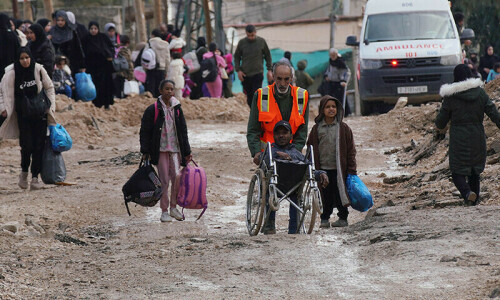












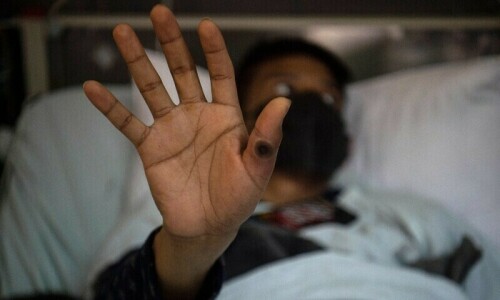
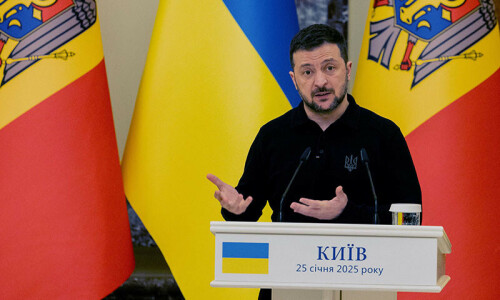
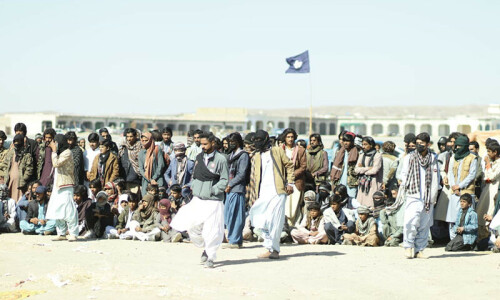

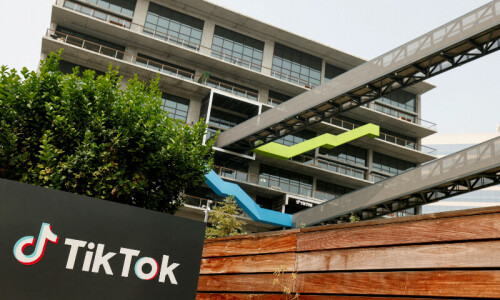

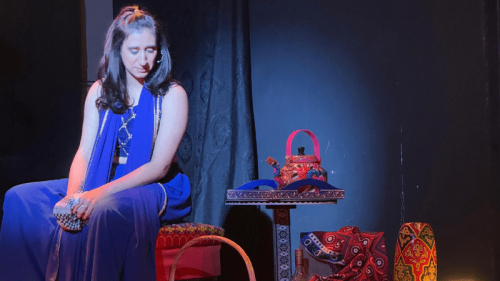

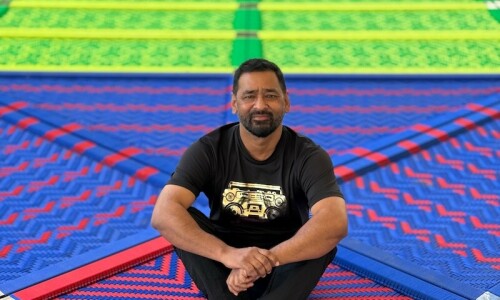








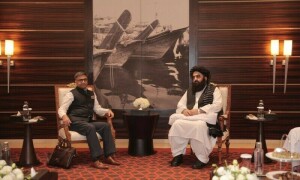

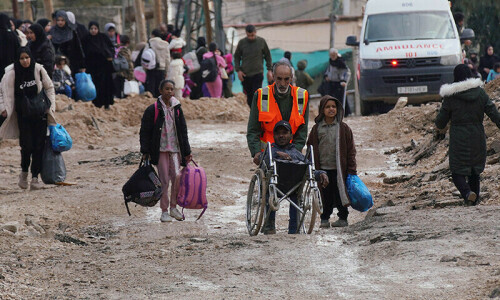
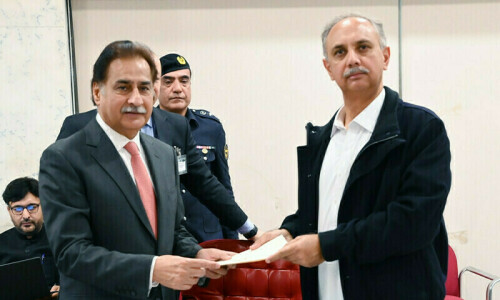

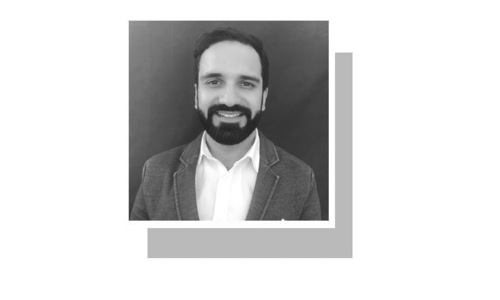

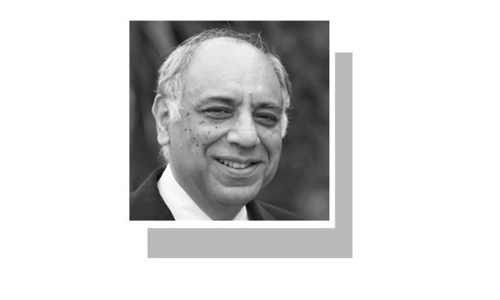
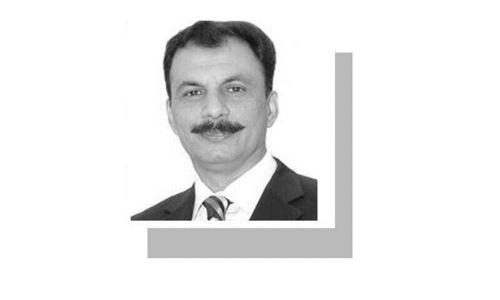

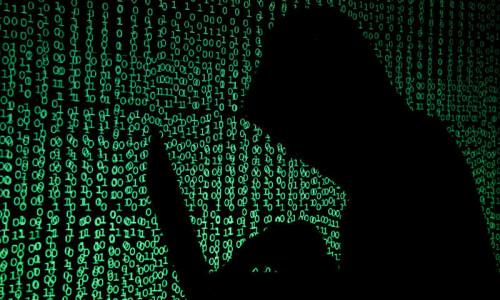




Dear visitor, the comments section is undergoing an overhaul and will return soon.